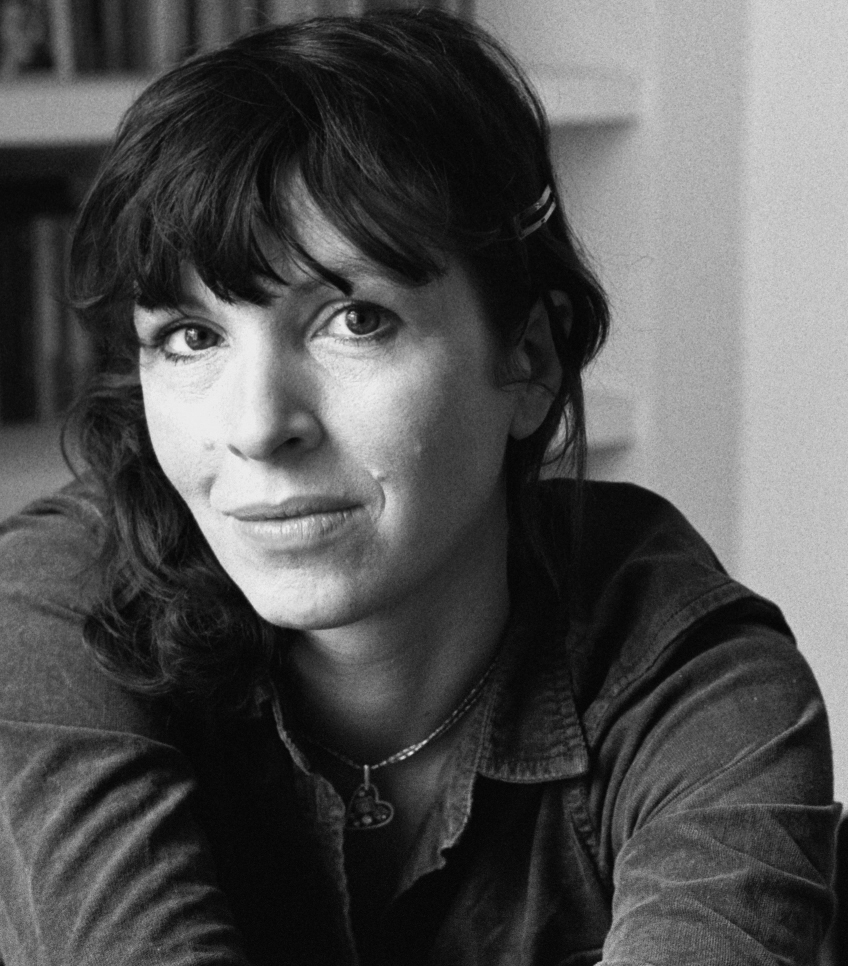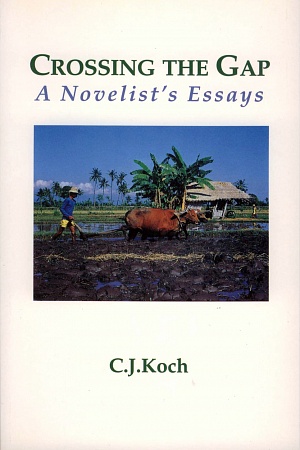Coventry: Essays
Faber & Faber, $32.99 hb, 248 pp, 9780571350445
Coventry: Essays by Rachel Cusk
Two years before Rachel Cusk published the first novel in her acclaimed Outline Trilogy (2014–18), she wrote a searing account of her divorce, entitled ‘Aftermath: On Marriage and Separation’, which ignited a brouhaha in her homeland, the United Kingdom. The dramatic excoriation of marital life aroused apoplexy among critics and readers; they bristled at Cusk’s subjective and one-sided storytelling, as if any other account of divorce were possible. It wasn’t the first time Cusk’s work had raised eyebrows: her memoir, A Life’s Work: On becoming a mother (2001), offended many a book-club member with its frank and unflattering descriptions of motherhood.
If the invisible narrator of the subsequent Outline novels was an attempt to move away from story and subjectivity, Cusk remains no less obsessed with these ideas. In Coventry, a new collection of memoir, literary criticism, and essays, which includes ‘Aftermath’, Cusk explores the way story – who controls it and its relationship to the truth – shapes our reality. The most compelling contribution is the titular essay, in which the word ‘Coventry’ refers to the English idiom of ‘being sent to Coventry’, meaning to be ignored and isolated. We learn that Cusk’s parents periodically suspend contact with her over some slight that Cusk has failed to detect or to mitigate. Doubtless, her parents stop communicating in an attempt to revive waning parental power. She is brilliant at elucidating the reasons for their behaviour: ‘It is in fact failure, their failure to control the story, their failure to control me. It is a failure so profound that all they have left to throw at it is the value of their own selves, like desperate people taking the last of their possessions to the pawnshop.’
When teenage girls send one another to Coventry it becomes a form of ‘elemental bullying’, an immolation of another’s identity. ‘If other people pretend you’re not there,’ Cusk asks, ‘how long can you go on believing you exist?’ Long-married couples stop talking to one another too; Cusk eyes them at her local pub, picking at their food and staring past each other. She wonders if their silence is caused by the problem of reconnecting to reality once the family story is over. Indeed, a friend with adult children tells Cusk that she would like to see all of the family accoutrements she has bought, the mountains of Barbie dolls and Nintendo games, piled in front of her to assess their objective worth. It is as if the real story of her friend’s family life has eluded her and that the mountain of stuff would symbolise the loss of another life, one she could have experienced had she believed in something else entirely.
 Rachel Cusk (photograph via Allen & Unwin)
Rachel Cusk (photograph via Allen & Unwin)
In ‘Making Home’, Cusk examines our modern tendency to create temples of style from our houses so that visitors become messy impositions, potential vandals of our artfully curated spaces. She speaks enviously of her friend’s ability to let crap accumulate across the kitchen bench and up the stairs, and not in a self-conscious, bourgeois way either, but in a freeing fashion that strips the surrounding objects of any authority. As Cusk writes: ‘in overthrowing the power of objects she was simultaneously removing them as a last line of defence. Anyone could access her; there was no governed terrain to keep a person out.’
Not every essay contains Cusk’s trademark tautness and perception, and sometimes her postulations seem rather weak. In ‘On Rudeness’, Cusk wonders whether displays of hostility are the blunt instruments of those who have been outplayed their whole lives by more sophisticated thinkers and articulators, but it’s far too simplistic a conclusion to be satisfying. Even stranger is when Cusk rhetorically asks at one point ‘what Jesus would do’, not so much as a religious invocation but as part of a ponderous tangent that is insufficiently unpacked. Similarly, the second section, ‘A Tragic Pastime’, examines the role of creative-writing courses and what constitutes women’s writing, among other topics. Despite Cusk’s enthusiasm for the subject matter and her considerable intelligence, the writing lacks her usual brilliance.
The final section, entitled rather prosaically ‘Classics and Bestsellers’, is also underwhelming until Cusk tackles Elizabeth Gilbert of Eat, Pray, Love (2006) fame and the rather questionable brand of self-discovery literature that is Gilbert’s milieu. As Cusk notes, selling pleasure to ‘overcommitted women’ is lucrative work, and Cusk is refreshingly hostile to the performative nature of these ‘girlish giant-slayers’ and their demand for an audience to inspire their Damascene life changes. These paragraphs are razor sharp, beautifully written, and among the best in the book.
Cusk’s prose is most effective when she is combining social commentary with confession, uniting her personal story with her meticulous, almost scientific, appraisal of the world. While she once feared the ejection from the story that Coventry represents, these days she no longer cares. Stories can enslave, and being ejected from one narrative allows immersion in an entirely different reality. Cusk has been ejected twice: first from her parents’ reality and then from her marriage. From the vantage point of Coventry, alongside her two daughters, she can see that without the old, predictable narrative governing their new-look family unit, they belong more fully to the world. They are more open and capable of receiving. As Cusk suggests, ‘should the world prove to be a generous and wondrous place, we will perceive its wonders’.















Leave a comment
If you are an ABR subscriber, you will need to sign in to post a comment.
If you have forgotten your sign in details, or if you receive an error message when trying to submit your comment, please email your comment (and the name of the article to which it relates) to ABR Comments. We will review your comment and, subject to approval, we will post it under your name.
Please note that all comments must be approved by ABR and comply with our Terms & Conditions.